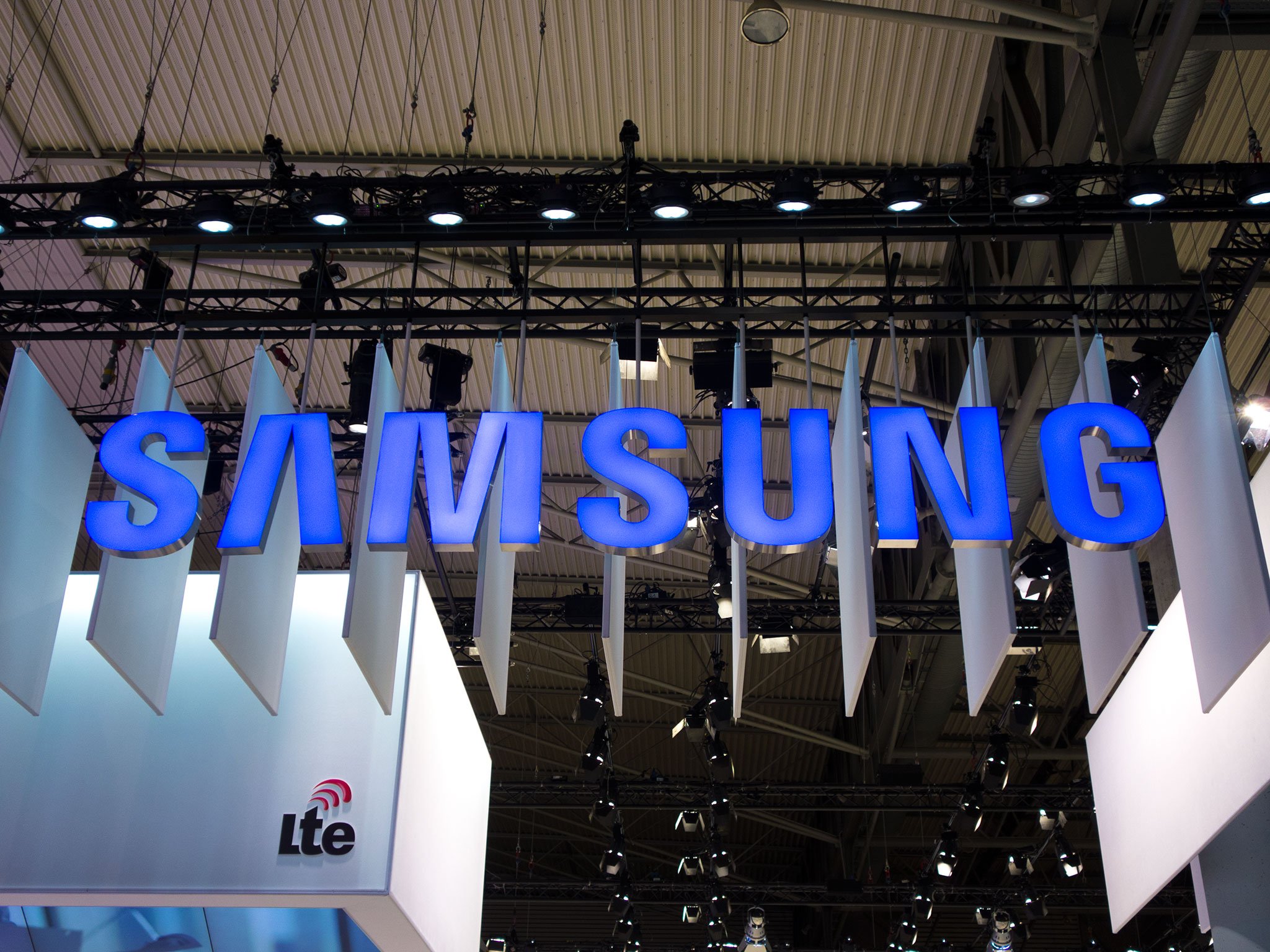Samsung posts record profits in Q4 2017, foldable Galaxy X phone launching this year
Samsung is looking to differentiate its smartphones by launching a foldable phone this year.
Samsung may be facing a lot of internal crisis that led to the chaebol replacing all of its current CEOs last quarter, but it certainly isn't affecting the company's performance. The South Korean manufacturer posted its Q4 2017 results, and once again things are looking great.
Samsung recorded an overall revenue of $61.5 billion (65.98 trillion won) with an operating profit of a staggering $14.13 billion (15.15 trillion won). That's a year-on-year increase of 64%, making last quarter Samsung's most profitable Q4 to date.
In fact, Samsung has made of habit of breaking records all through 2017. The company recorded profits of $8.8 billion in Q1 2017, $12.5 billion in Q2, and $13.8 billion in Q3. Cumulatively, Samsung's full-year revenues stand at $224 billion (239.58 trillion won) with overall operating profit at $50 billion (53.65 trillion won).
The mobile division saw a decline in overall shipments on account of "lineup optimization of low-end models," but sales of the Galaxy Note 8 were up from the previous quarter. Samsung is projecting an increase in revenue going into Q1 2018 following the launch of the Galaxy S9.
In the first quarter, the company expects the mobile business to improve its earnings, led by an increase in sales of flagship products with the launch of Galaxy S9.
We're heard a lot about the Galaxy X foldable phone in recent years, and with the display unit set to "reinforce its competencies" in new areas such as foldable, automotive, and IT displays, we may get to see such a device make its debut sometime this year:
The OLED panel business will strengthen its competitiveness in the premium segment with the release of foldable panels, and focus on expanding new applications in areas such as automotive electronics by capitalizing on its technology and cost competitiveness.
Samsung will continue its efforts to differentiate its smartphones by adopting cutting-edge technologies, such as foldable OLED displays.
The mobile division hasn't been the growth driver for Samsung for a few quarters now, with a bulk of the revenues coming from the lucrative memory and display businesses. Samsung once again noted strong orders for high-performance DRAM and NAND modules for servers and mobile storage.
Similarly, the display unit saw increased demand for OLED panels for "premium smartphones" (Samsung makes the panels for the iPhone X), with the manufacturer projecting that OLED tech will be the "mainstream panel in the smartphone industry" in 2018.
Samsung also saw increased revenue in the TV business on the back of strong sales of "ultra large-size and QLED" models. Samsung's System LSI and Foundry unit witnessed a growth decline, but the company is forecasting an uptick following increased demand of image sensors for flagship devices and application processors.
The foundry is also expected to kick off a "risk production" of a 7nm chipset later this year, and while it will be a few years before we see a consumer-ready chipset based on the 7nm node, Samsung is laying the groundwork for that eventuality.
In short, Samsung made a ton of money last year, and it doesn't look like that'll change this year.
